In May 2019, Gibson Brands,
Inc. sued Armadillo Distribution Enterprises, Inc. for trademark
infringement, unfair competition, and counterfeiting.[1]
Armadillo may not be a well known name, but it is affiliated with the guitar
brands Dean Guitars and Luna Guitars, which compete with Gibson.
Gibson is one of the most prominent names in the electric guitar industry,
alongside Fender. In this lawsuit, Gibson accuses Armadillo/Dean of infringing
at least four “body shapes” of its electric guitar models: the Flying V, the
Explorer, the ES, and the SG, each of which Gibson cites as a registered
trademark.[2]
This case caught my attention because I am a guitar player
and I often write about music and the music industry as it relates to
trademarks and copyrights. Here
are
just
a
few
examples.
I do not personally own any Gibson-branded guitars (they are too heavy in the
neck), but I do own one acoustic Dean Guitar – though not one of the types that
is accused of infringement in this case. With regard to electric guitars, I
prefer Schecter Guitars. Always a
Hellraiser™.
Armadillo has not yet responded with an Answer to this
lawsuit, but I anticipate Dean Guitars will present a substantial defense to
all of Gibson’s claims. It is important to note that this is not a patent case.
This is not about who “invented” the particular shape or style of an electric
guitar. Any patent rights for these designs would have expired decades ago.
Instead, this dispute concerns trademarks. It essentially seeks to determine
whether a particular shape of a guitar evokes a specific source in the minds of
the relevant consuming public. With regard to the guitar industry, there is a long
history associated with these particular “body shapes” and how they impact pop
culture and the competition between the most popular brands and manufacturers.
Continue reading
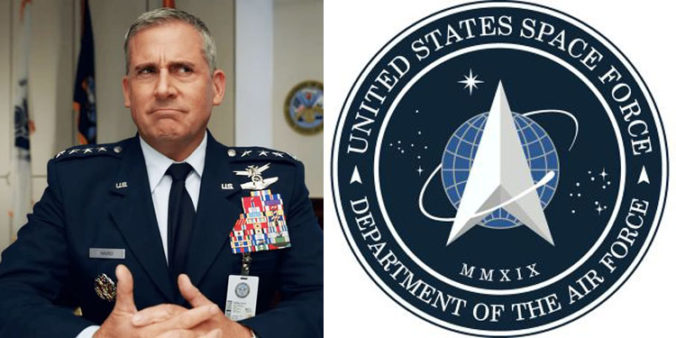
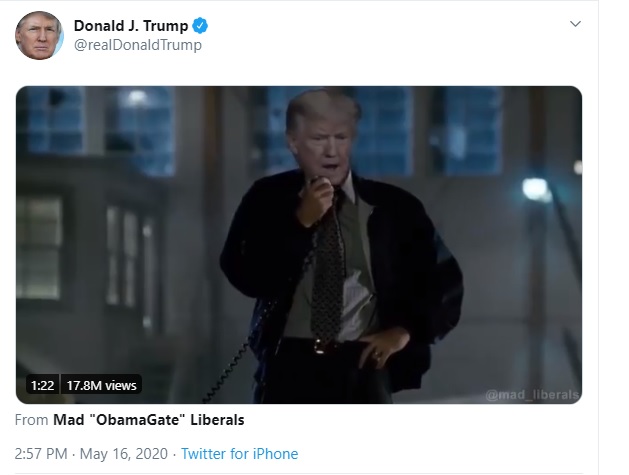
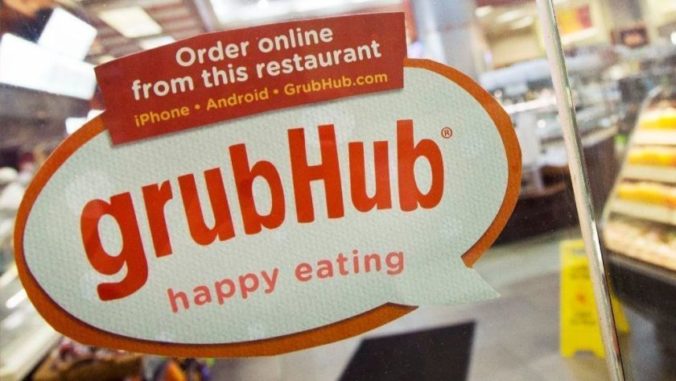
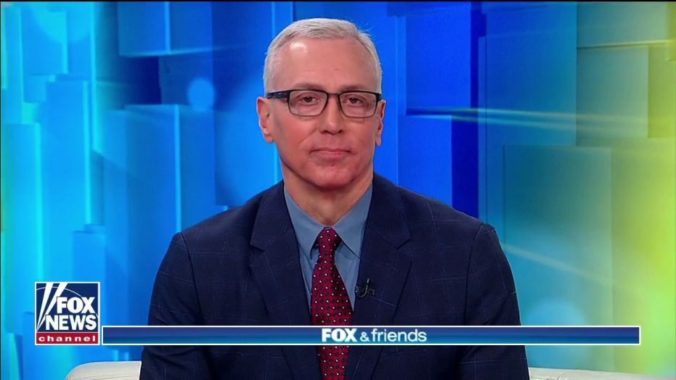
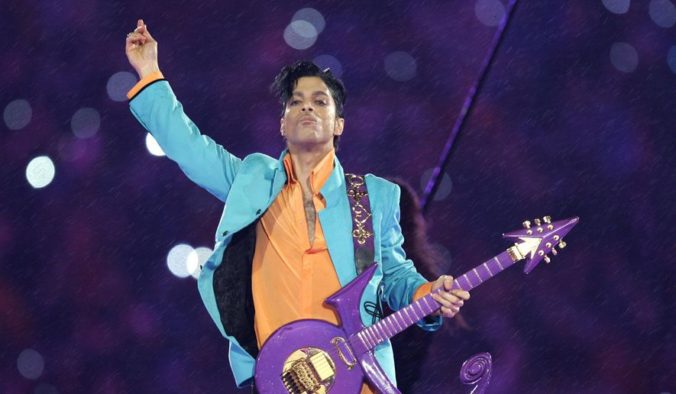
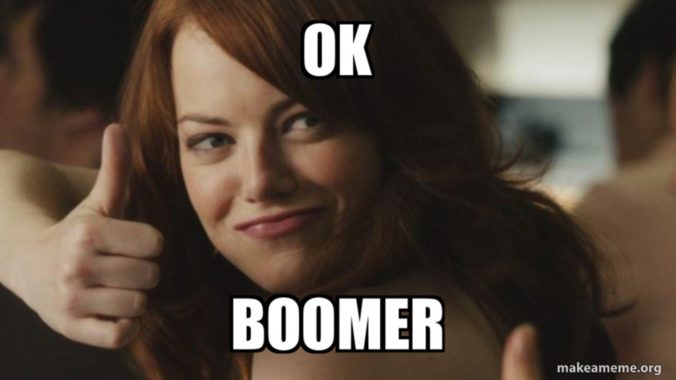
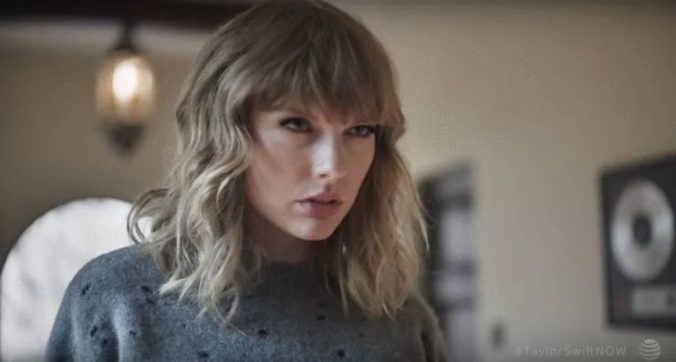
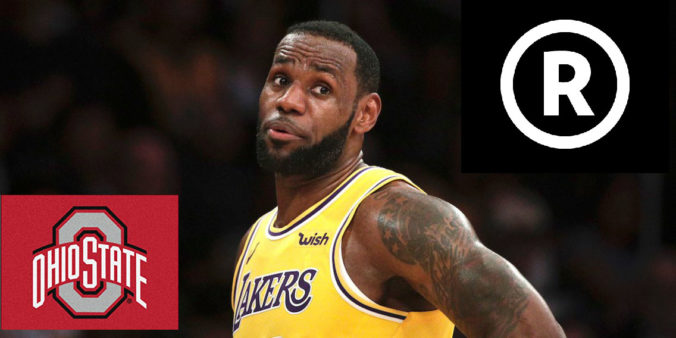
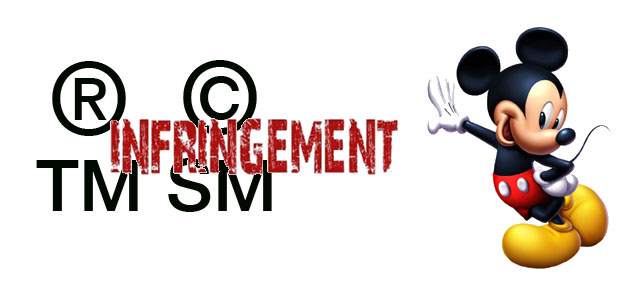

Recent Comments